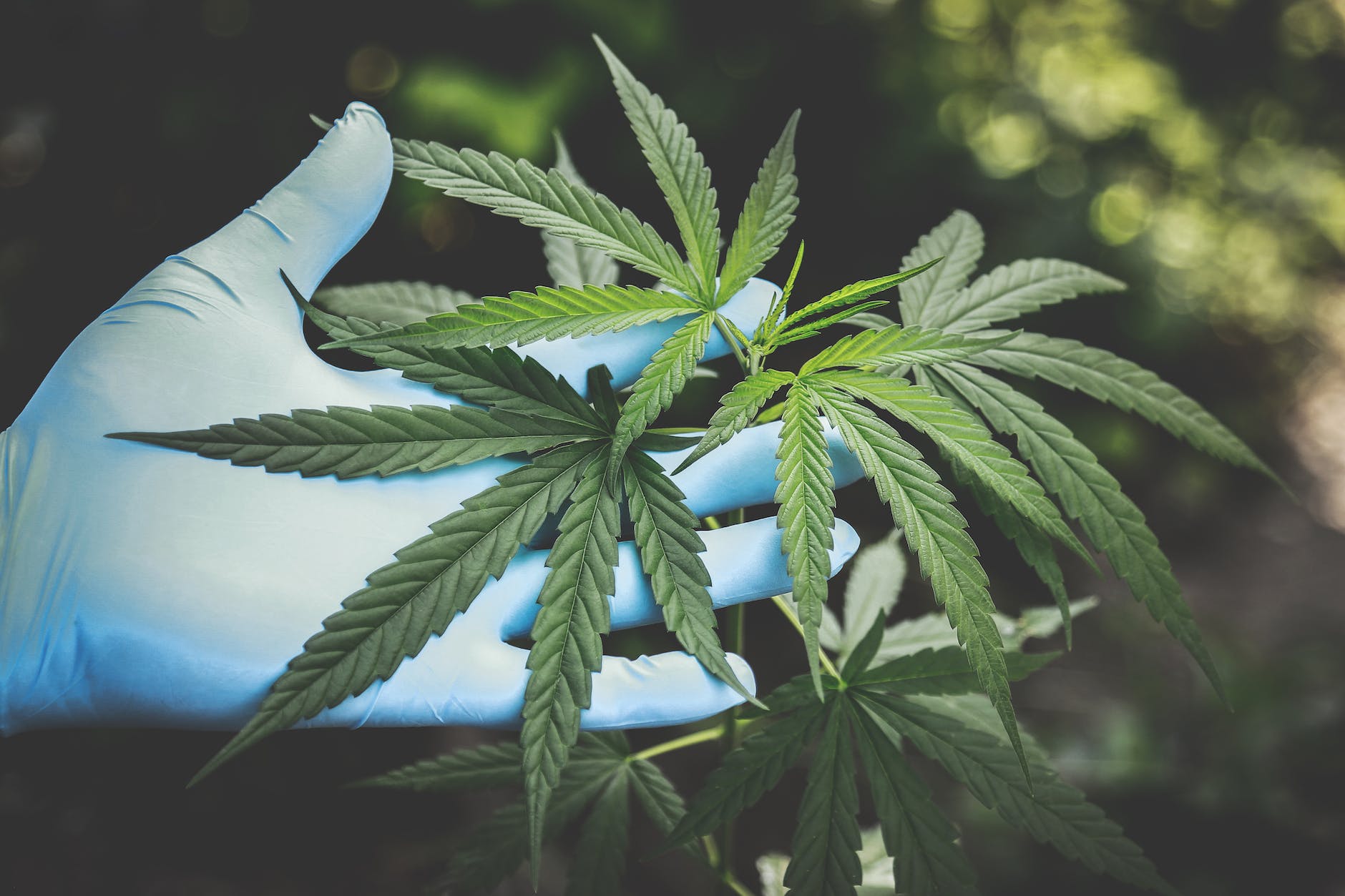Introduction
In recent years, there has been a growing global awareness of the need for sustainable and environmentally responsible practices in various industries. One area that holds immense potential for driving positive change is hemp agriculture. Hemp, a versatile and eco-friendly crop, offers a plethora of benefits for both the environment and the entrepreneurial landscape. In this blog, we will explore the reasons why the UK should embrace hemp agriculture to support a greater environmentally entrepreneurial society.
1. The Ecological Benefits of Hemp Agriculture
Hemp is a remarkably sustainable crop with a minimal environmental footprint. Its growth requires minimal water, and it can flourish in diverse soil types, reducing the strain on precious resources. Moreover, hemp cultivation does not necessitate the use of pesticides or herbicides due to its natural resistance to pests and weeds. As a result, hemp agriculture promotes healthier ecosystems, reduces soil degradation, and protects biodiversity. Supporting hemp cultivation in the UK can significantly contribute to the country’s efforts in achieving its environmental sustainability goals. (Reference: [1])
2. Carbon Sequestration and Climate Change Mitigation
Hemp has a unique ability to sequester carbon dioxide from the atmosphere at a rapid rate. During its growth, hemp absorbs substantial amounts of CO2, making it a powerful tool in combatting climate change. By integrating hemp agriculture into the UK’s farming practices, the country can enhance its carbon sequestration efforts and reduce greenhouse gas emissions. This not only contributes to global climate goals but also creates opportunities for carbon credit trading, benefiting environmentally conscious entrepreneurs. (Reference: [2])
3. Diversified Economic Opportunities
Embracing hemp agriculture paves the way for a diversified and sustainable economy. Hemp offers numerous applications, from textiles and building materials to biofuels and biodegradable plastics. These industries present immense entrepreneurial potential, encouraging innovation and the growth of eco-friendly businesses. By fostering a thriving hemp industry, the UK can create jobs, attract investments, and position itself as a leader in sustainable innovation. (Reference: [3])
4. Circular Economy and Waste Reduction
Hemp is a renewable resource that promotes the principles of a circular economy. All parts of the hemp plant can be utilized for various purposes, leaving minimal waste. Hemp-derived products, such as biodegradable packaging and compostable materials, can help reduce the mounting problem of single-use plastics and contribute to waste reduction. By supporting hemp agriculture, the UK can take significant strides towards a more resource-efficient and waste-free society. (Reference: [4])
5. Strengthening Rural Communities
The cultivation of hemp offers economic opportunities for rural communities. Hemp farming requires relatively low input costs and can be cultivated on smaller landholdings, making it accessible to a wider range of farmers. By encouraging the growth of hemp agriculture, the UK can revitalize rural economies, provide sustainable livelihoods, and bridge the urban-rural divide. (Reference: [5])
6. Supporting Research and Innovation
Investing in hemp agriculture fosters research and development in sustainable technologies and practices. Entrepreneurs and scientists can collaborate to explore novel uses of hemp and develop cutting-edge applications that benefit society and the environment. Government support for research initiatives can accelerate innovation and position the UK at the forefront of sustainable solutions. (Reference: [6])
Conclusion
Hemp agriculture holds immense promise for the UK, supporting the country’s transition towards an environmentally entrepreneurial society. By embracing the ecological benefits of hemp, the UK can drive positive change, combat climate change, and create economic opportunities for sustainable businesses. Through collaborative efforts between entrepreneurs, farmers, and policymakers, hemp agriculture can revolutionise industries, reduce environmental impact, and pave the way for a greener, more prosperous future.
References:
[1] “Hemp Agriculture: Sustainable Farming for a Greener Future,” World Wildlife Fund (WWF).
[2] “The Carbon Sequestration Potential of Hemp,” National Hemp Association.
[3] “The Versatility of Hemp and its Economic Potential,” United Nations Industrial Development Organization (UNIDO).
[4] “Hemp as a Catalyst for the Circular Economy,” Ellen MacArthur Foundation.
[5] “The Role of Hemp in Rural Development,” International Labour Organization (ILO).
[6] “Supporting Research and Innovation in Hemp Agriculture,” European Industrial Hemp Association (EIHA).

